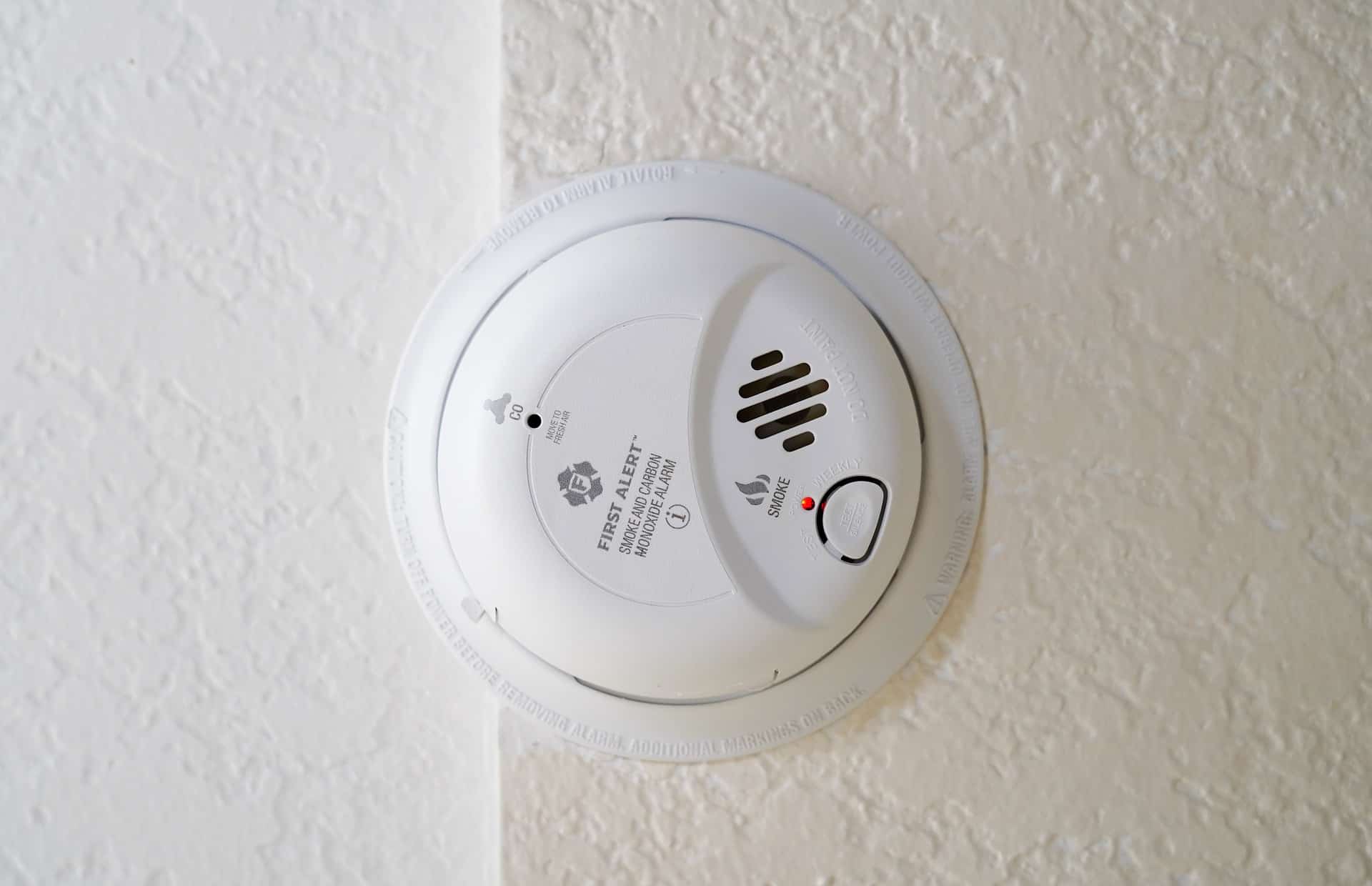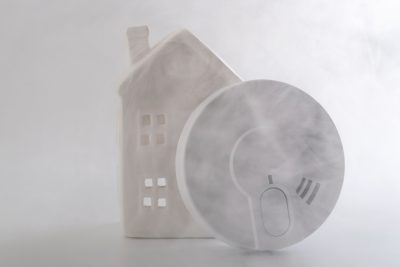Carbon Monoxide is a notorious killer. This odourless, colourless and non-irritant gas, exposure to which even at a low level, can cause serious injuries and in more extreme cases – death. It is estimated that one in 10 Scottish adults has suffered from carbon monoxide poisoning in their home and the risk of exposure is three times greater in rented properties than in other types of tenure.
According to Gas Safe Register, 18% of all privately rented homes in Scotland have dangerous gas appliances. Over a third of Scottish landlords do not realise it is their responsibility to ensure all gas appliances are safe and checked by a qualified Gas Safe registered engineer on an annual basis.
Requirement for Carbon Monoxide detectors
The new regulation regarding the provision of long-life carbon monoxide (CO) alarms in all private rented housing came into force in Scotland on 1st December 2015. This addition to the Housing (Scotland) Act 2014 is an amendment to the Repairing Standard which now includes a requirement that “the house has satisfactory provision for giving warning if carbon monoxide is present in a concentration that is hazardous to health.” Regard must also be had to any building regulations and any guidance issued by the Scottish Ministers.
Combustion appliances (such as boilers, fires, open fires, heaters and stoves fuelled by solid fuel, oil or gas) all have potential of causing CO poisoning, therefore, private landlords of all rented properties with a fixed combustion appliance either in the property or in an inter-connected space (for example, an integral garage) are required to have a CO gas detection system installed. The Scottish Government’s guidance clarifies that carbon monoxide detectors are not required in an attached outbuilding or garage that holds the fixed combustion appliance if there is no inter-connection with the property.
The general requirement for the installation of CO detectors is to have them fitted in every room with a fixed combustion appliance and in any bedroom or living room through which a flue passes.
CO detectors should be powered by a life-long battery and have a warning device to alert users when its working life is due to expire and needs replacement. Combined fire/CO detectors are permitted, provided the detectors are hard wired to ensure compliance with the requirement for all fire alarms.
Non-compliance with Standards on CO Alarms
If a landlord fails to meet standards on carbon monoxide alarms or indeed on any other element of the Repairing Standard, a tenant or a local authority can refer them to the Private Rented Housing Panel (PRHP) which can then issue an enforcement order. If the landlord does not comply with this order within a set timeframe they will face further action.
The duty of installation of carbon monoxide detectors is intended to reduce the risk of CO poisoning that can result in serious health problems and accidental loss of life. Having the alarms fitted and keeping up with regular servicing of all gas appliances will help increase the safety of any household.











